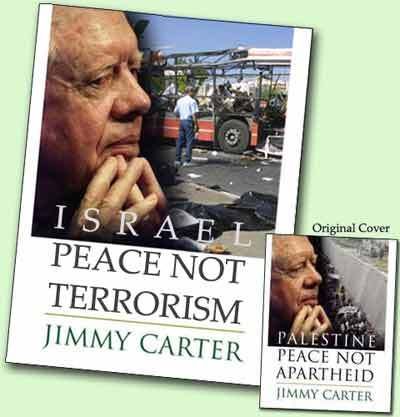
Red Sea
Emily Benedek
Format: HARDCOVER
Pages: 373
ISBN, 9780312354916
St Martins Press
Release Date: 18th September
Author and insider Emily Benedek was recently approached by a former top official in the Israeli Defense Forces asking if she would be interested in documenting specific insider secrets regarding the perilous state of international security. After Benedek agreed to several closed-door meetings, she concluded that there was no way
to reveal the sensitive information imparted to her in a work of nonfiction;
her source, still active in the security world, had to maintain anonymity.
Benedek’s confidential meetings dealing with the frightening holes in our
national security infrastructure were the genesis of her timely and
thrilling new novel RED SEA.
She has written a novel in the suspense/spy thriller genre whilst set in a contemporary context.
It is a novel once read leaves the reader vastly dissatisfied.
Fortunately this dissatisfaction isn't with the author's penmanship or style of prose, rather the dissatisfaction comes from the awareness of just how vulnerable we are to a major terrorist attack. Emily Benedek has dared to confront the unmentionable.
The Red Sea can't help but bring up feelings of uneasiness, it ruptures the agreement most of us subconsciously have made to distance ourselves from the psychological trauma that has marked the beginning of the 21st century.
Just when you have managed to assure yourself that the sun will rise tomorrow, the gapping festering wound that is terrorism is callously ripped open.
If you kid yourself that everything is going to be alright no matter what, then this book isn't for you. If your willing to ask what if? Then be prepared for a flight into the dark recesses of fear and suspense.
To describe Red Sea as an edge of the seat thriller, isn't quite accurate, rather it is a variable and terrifying descent into the abyss that is terrorism. The book is well written and brings the reader to that most uncomfortable state we often try to avoid, an awareness of our own possible imminent mortality.
The characters are well defined, quirky and real, the plot takes lots of turns but stays within the realm of a possible reality, Red Sea ultimately its worth of your consideration.
Red Sea is a thriller with an unusual variable tempo, it doesn't always jump from brake neck speed from one event to another, rather it lulls you into a sense of safety before cruelly taking it away..
4 Bagels
Review by Mr Bagel
Emily Benedek’s writing has appeared in Newsweek, Rolling Stone, and The New York Times. She spent a year following an FBI special agent and SWAT team operator and wrote about an American F15-C fighter pilot who flew in Operation Shock and Awe. Red Sea is her first novel.
Excerpt:
Four airliners are blown out of the sky---a devastating string of attacks taking hundreds of lives and striking fear into people and governments around the globe. Marie Peterssen, an ambitious young aviation reporter, has a hunch about the crashes, and her suspicions are confirmed when she’s approached by Julian Granot, an Israeli airline security expert and former Special Forces commando who has noticed her work.Julian offers Marie a rare lead, one that will send her to London and later into the devastation of war-torn Iraq. With the help of a maverick FBI agent, Morgan Ensley, Marie stumbles onto the makings of a terrorist plot well beyond the destruction of airliners: the detonation of a rogue nuclear device in New York Harbor. The terrorists know that America’s most vulnerable spot is its transportation system, and they mean to exploit it. Time is short.
But Marie is in the grip of circumstances beyond her control. Julian’s intentions are unclear: Is he helping a journalist uncover answers the world craves, or is he setting up the girl to flush out an Islamic terrorist who killed Julian’s partner twenty years earlier?
Julian holds the key, but Marie’s role in the frantic race to unravel the plot grows when she learns that she may be tied to the terrorist leader in a more personal way.
Buy it from:
Amazon
Barnes and Noble
Publisher: St martin's Press
 I think therefore I am: Mr Bagel Reviews
I think therefore I am: Mr Bagel Reviews: Mr Bagel reviews * Bagel reviews * Red Sea * Book Reviews * Emily Benedek * Jewish Book Reviews * Jewish Novel Reviews * Terrorism * Jewish * Mr Bagel * BagelBlogger * Bagel Blogger * Jew




 Move your mouse over to display Bagel menu.
Move your mouse over to display Bagel menu.




















































































